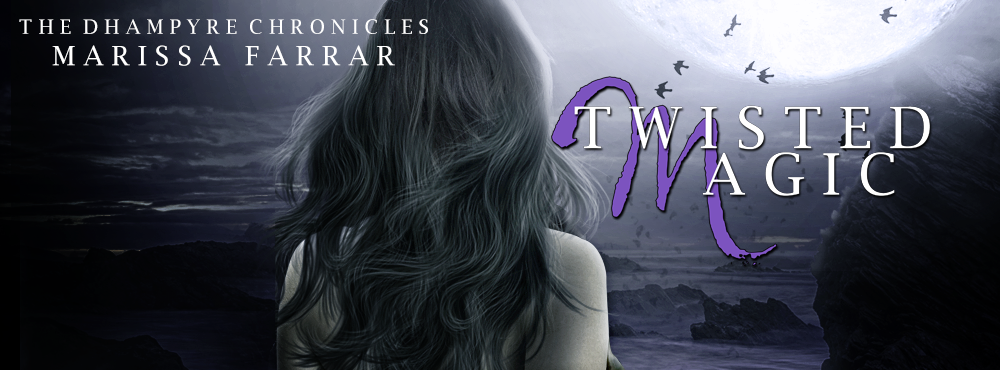This week the social networking sites have been rife with tales of Anthony Giangregorio and his multiple presses (Living Dead Press, Open Casket Press and Undead Press). One very brave newbie author, Mandy DeGeit, spoke out about her issues with this 'editor' because he completely butchered her story.
I've had my own bad experiences in the past with small presses, from being asked to pay for editing after I'd signed a contract, to non-payment of royalties, to publishers trying to change contracts on me and producing sub-standard paperbacks. Unfortunately anyone can start up as a publisher now without offering any kind of proof that they actually know what they're doing and it's the new writer who suffers.
I know when I was offered my first publishing contract, I was so starry-eyed, I'd probably have signed over my first born if I thought it would help to get my work out there. This was back in 2009 and the wave of self-publishing/e-books hadn't yet taken off (or at least it certainly hadn't in my rural little part of Spain). There were things I didn't even consider. I simply saw that other authors had been published and seemed to be doing well, with blog interviews going on and lots of other promo ops that I hadn't even thought about before.
Although I made mistakes by jumping in too soon and taking the first contract offered to me, I still wouldn't change the route I took. I learned a lot about the industry and my own abilities and worth. Things I was clueless about before. I also got to meet a whole heap of fantastic authors who have done more for my career than any publisher ever has.
However, while writers are continuing to write, there will always be publishers who will be happy to take advantage of them. So what are the things newbie authors need to think about before they jump into a publishing contract:
1.) Google the publishing house. This may seem like a simplistic thing to do and you should really do this before you even submit. If a publishing house has issues behind it, there's a good chance someone will have already written about it.
2.) Ask other authors. If you're not already part of the numerous author groups on facebook, get in there now! It's highly likely someone will have either worked with, or know someone who worked with that particular publisher.
3.) Again, this might seem like an obvious one, but for God's sake, don't give them any money! While many small presses don't pay advances these days, the last thing they should be doing is asking you for money. The moment someone does that, run for the hills.
4.) Don't jump at the first opportunity that presents its self to you. While it is very exciting when someone finally sees something in your work, there may be several more out there who will also be interested in your novel but just haven't had the time to get back to you yet. If a publisher is genuine and really loves your book, they won't mind you taking a few weeks to think it over.
5.) Ask what the publishing house can do for you that you can't do for yourself. Remember self-publishing is still a valid option. You're the master of your own destiny. At least when you self-publish, if a poor product is produced, the only one you'll have to blame is yourself.
6.) Read the contract! How long does the contract last for - two years, five years? Remember this should be negotiable and above all, make sure they specify the length of their rights. I had one contract that didn't do this and the publisher just decided it would be five years from the time I asked about it. Publishers can't do this. If it's not in the contract you signed, they can't just add it in later. Same thing goes with other changes in a contract. Once the publisher has changed or broken their side of the contract (i.e. changing royalty rates) they can't then expect you to uphold your side of the bargain. Remember the contract is there for you as well as them.
7.) Finally, REMEMBER YOUR WORK IS WORTH SOMETHING! You may have spent years working on your 'baby' so don't just give it away. Imagine your book actually is your child. Would you just hand it over to anyone, or would you check out every single avenue to make sure the right person was looking after your offspring? Because believe me, if you've picked the wrong person, you could be in for years of heartache.
I'd just like to end this post by saying that not all small presses and publishers are bad. There are plenty out there who are doing loads for their authors. Just make sure, when someone shows interest in your book, that you don't just say 'yes' because they're the only one to ask.

An excellent article.
ReplyDelete